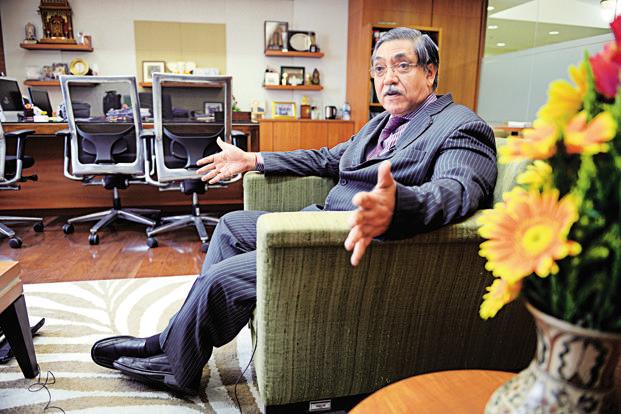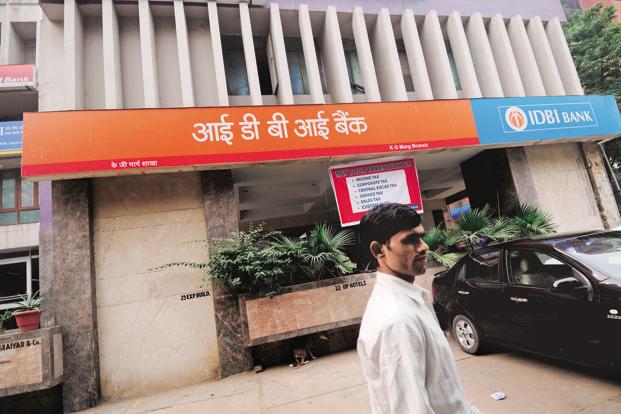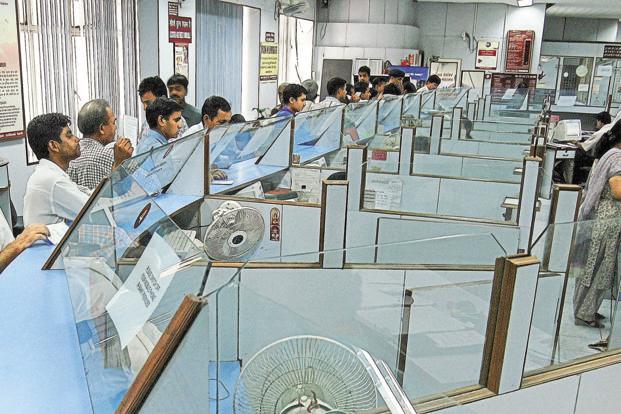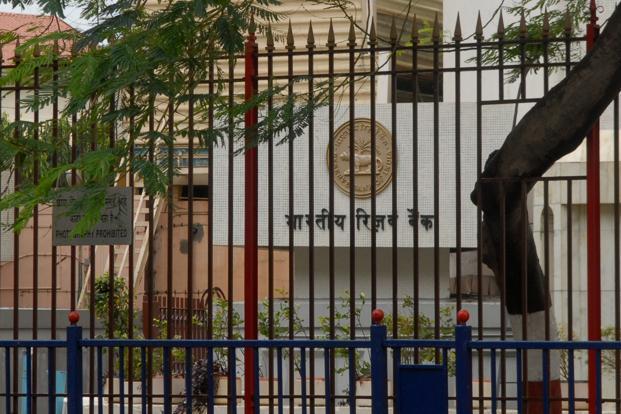Mumbai: In August 2010, Reserve Bank of India’s (RBI’s) senior most deputy governor K.C. Chakrabarty was stripped of most of his key portfolios for reportedly making public comments that the banking regulator should be more aggressively hiking interest rates to control inflation. Since then, he has received an extension of his term, driven the central bank’s financial inclusion initiative, taken on state-owned banks over their lack of efficiency and governance, and even tried to change the culture of the 79-year old institution before putting in his papers two months ahead of retirement, citing personal reasons.
In a freewheeling interview with Mint, Chakrabarty said he has neither held himself back from expressing his ideas, nor regretted any of his statements.
Edited excerpts:
Bank of England’s deputy governor Paul Tucker quit after Mark Carney took over as governor. Tiff Macklem, senior deputy governor of Bank of Canada will leave the bank in May. Tucker quit because he did not get the top job and Macklem is leaving to become dean of Toronto’s Rotman School of Management. Why have you quit?
If somebody from outside becomes the governor, the incumbent senior most deputy governor resigns, and that has become a global best practice, but I’m not part of that best practice. The people you mentioned are all big names in the international financial system. My resignation is a personal decision, well thought out and decided much in advance. It has nothing to with the international practice.
What message do you want to send by quitting office a little more than two months before retirement?
I don’t want to convey any message. I’m leaving for personal reasons. Deputy governors have no retirement age. My term expiring on 30 June doesn’t mean I could not have got an extension. But when I should retire should be my decision and I have taken that.
A few years ago you were under pressure to quit when you spoke of high inflation and why RBI should hike its policy rate but you did not.
That was media speculation. One newspaper even wrote an editorial that I should resign. Why should I resign? I hadn’t spoken, it was alleged that I had spoken certain things. My views are well known and I don’t want to discuss those things. In retrospect, I have no regret for whatever has happened.
I will be the last person to resign because of some fight or difference of opinion with anybody—with my boss, my subordinates, or some people in the power. I’m not a person who will run away from any field. Under pressure, I’m not going to resign. I have never done that.
So there was pressure to resign?
No. There was absolutely no pressure. Even if someone presumes that there was pressure and I should have resigned, it could not have happened. People who know me should know that.
Ultimately, do you feel vindicated?
I don’t want to discuss that. You decide whether I am vindicated or not. I never made those comments but that was my view and it was known to everybody.
Ideally, when a commercial banker becomes a deputy governor, he should look after banking operations and development as that’s his expertise; but that has not been the case always. You, too, were not given that portfolio. Wasn’t it unfair?
I have absolutely no problem. It’s a great learning opportunity for me. But the system should raise this issue.
If you are bringing somebody from commercial banking, what should be his appropriate role? In fact, somebody must find out why a commercial banker was brought to RBI.
When the Board for Financial Supervision (BFS) was created, at that time there was a parliamentary committee which had gone into the securities scam. You read the recommendations of the committee and see what reply RBI gave.* If Reserve Bank does not stick to its own commitment to Parliament, what can I say?
Personally for me, it has been a great learning experience. RBI has been very fair to me; it may not be fair to the banking system.
(*The parliamentary committee’s recommendation was to take away regulation and supervision functions from RBI. At that point, RBI came up with the idea of instituting BFS and appointing a commercial banker to head that. Essentially this means that when a commercial banker takes over as a deputy governor, he should oversee banking operations and supervision.)
You were chairman of a large bank, but you have all along been very critical about public sector banks—their management style and governance structure. What’s wrong with the system?
Governance is an issue in this country, and even globally, and it will always remain an issue. There are many problems in public sector banks beyond non-performing assets (NPAs). They are unable to meet financial inclusion and priority sector targets. They are also not able to bring down the cost of transaction.
If the intermediation is not very efficient, then it is a governance and management issue, and you need to address that.
This has come to limelight now because of the building up of stressed assets. In almost all areas, there is some deterioration in public sector banks, compared with private and foreign banks.
Is it the lack of expertise or talent?
It is a corporate governance and management issue. You cannot go to a competitive field and say that I don’t have expertise. If other competitive players are getting the expertise, why you aren’t getting (it)? So, that needs to be examined.
There are also issues on understanding and flexibility, which are inter-related. That’s why it needs to be addressed in a holistic manner. The governor has appointed a committee to look into that. We need to debate, deliberate and take corrective measures.
RBI had recommended dismantling the board of United Bank of India, but the finance ministry did not listen to you. Who regulates the banks—RBI or the ministry?
I don’t want to discuss individual bank issues. That is confidential information between the supervisor and the supervised entity.
If RBI recommends dismantling a bank board and the finance ministry opposes it, what do you do?
If there is a conflict between regulation and ownership, regulation must prevail. It is very clear. If not, what will happen if tomorrow RBI wants to supersede the board of a private bank?
We must understand that while the sovereign is supreme as the owner of public sector banks, the government cannot overrule regulation.
You have been looking after supervision of banks, among other things. How do you find the health of the banking system?
The health of a banking system normally should not be better than that of the economy; but the health of our banking system is much better than the health of our economy. That means there is financial repression—banks are making money by exploiting customers. It should not happen.
Having said that, our banking system has definitely become more efficient, more stable.
Banks will be able to survive the present stress level. We need to take corrective measures. If we don’t, there will be problem.
You have been voicing concerns about the pile of bad debts in public sector banks. Who do you blame for this? Are banks under pressure from the government to give loans to borrowers who do not deserve to be given loans?
Stressed assets in the system are rising. As a banking supervisor, my job is to shout (about the problem). If I’m a police constable, my job is to make rounds on the street and let everyone know that I’m there. Otherwise, all thieves will be on the street.
I’m not at all apologetic about being vocal about the NPA problem. NPAs is an outcome of the non-performing administration. If NPAs are high, everybody is responsible.
Including the government?.
Yes. Including the government administration, policymakers and regulators. When I say government, it includes both central and state governments. We cannot say the banking system creates Rs.12 trillion of stressed assets and we are not responsible.
Do you think government ownership comes in the way of performance of public sector banks?
All democracies function based on lobbying. Ours is also a democratic system. There will be pressure but that doesn’t mean you give loans to the wrong person. That’s why governance and management standards are important. Just because the government asks you to give a loan doesn’t mean you will create a bad loan. Nobody has taken away the right of rejection on a loan application even by a branch manager, leave alone the bank chairmen and the board.
Performance in the bank is ownership neutral as long as there is enough autonomy and flexibility to the management. If government ownership puts the restriction on the (public sector) banks to compete—with other players having much more flexibility—then there is a problem. You give enough flexibility and autonomy to banks so that they can compete with private players. The issues are autonomy and quality of management.
You have pushed hard the agenda of financial inclusion. By giving only two banking licences, how will you spread banking services?
I don’t look after banking regulations. So it is unfair for me to comment on this. The fact is that we require more bank licences. The governor himself has indicated that. In this round, may be, as per our criteria, more than two applicants are not fit and proper. If they are not fit and proper, we need not give them licences. Maybe our criteria was incorrect, or maybe the candidates need to improve. We are going to have more banks and different banks in the coming days.
As a central banker, what are your biggest concerns at this point of time?
The biggest concern I’m having is inclusive banking. Ours is too much of exclusive banking. Protection of customers and less intermediation cost are two other things. Our cost of banking intermediation is too high.
As an outsider, how do you view RBI? Does it need to change itself?
RBI is a great institution. Had it not been a great institution, I would have left it much before.
But all public institutions in our country need substantial reform and improvement. RBI has to change with time. Areas like regulation, supervision and currency management should undergo change. One good thing in RBI is we have freedom to express our views.
I would say this is as good and as bad as any other public institutions in our country. We cannot have a superlative national institution in society; all institutions will reflect the general trend in society.
What’s your message to your successor?
I don’t know who my successor will be and what will he look after. Let us make our financial system more inclusive, more efficient and more customer-centric, which I have tried to do during my tenure.
Finally, what are your plans now?
I’m taking early retirement but I’m not tired. I am more interested in doing something in the real sector, but that doesn’t mean that if I get a challenging assignment in the financial sector, I will not do that.



